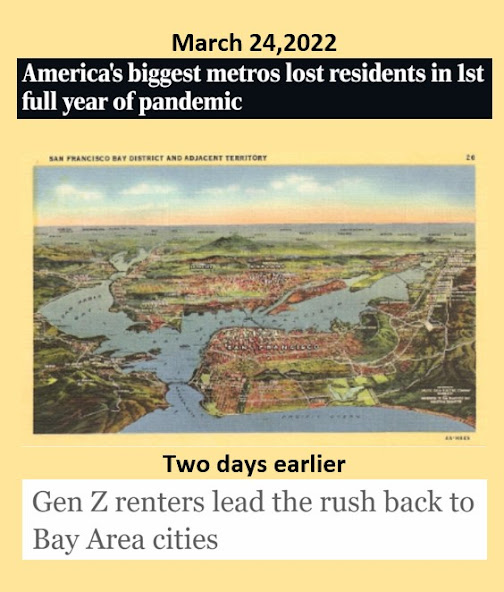Reports of antisemitic incidents to Milwaukee’s Jewish Community Relations Council remained near record-high levels in 2021, the council's annual audit found.
It's in line with the surging rates of antisemitism the council has documented in recent years, which the audit's authors called a "troubling trend."
In 2021, the council received 95 reports of antisemitism that either took place in Wisconsin or had a connection to the state. That's only a tick below the high-water mark of 99 incidents recorded in 2020.
The early 2010s rarely saw more than 20 reports in a year.
"Trump' word search comes up empty.
In January 2020, however, Dissent did not mince words. In fact, you don't have to read beyond the headline.
2/27/2022 update, "Epidemic of hate crimes a Trump legacy", start here.
11/11/2021 update, "Slash-and-burn, take-no-prisioners politics', starts here
The vicious reaction to the passage of the bill, which was negotiated by a group of Republicans and Democrats determined to deliver on a bipartisan priority, reflects how deeply polarization has seeped into the political discourse within the Republican Party, making even the most uncontroversial legislation a potentially toxic vote.
The dynamic is a natural outgrowth of the slash-and-burn politics of former President Donald J. Trump, who savaged those in his party who backed the infrastructure bill as “RINOs” — Republicans in name only — who should be “ashamed of themselves.”
Mr. Trump’s frequent threats and insults directed at Republicans whom he considers insufficiently loyal have created powerful incentives for the party’s lawmakers to issue similarly bellicose statements.
Original 9/27/2021 post, "Trump politicized COVID", starts here
Further complicating the issue: The results affirm that government-imposed COVID-19 mitigation efforts reflect the polarization between Republicans, who are less likely to favor coronavirus-related mandates, and Democrats, who are more likely to favor them.
[snip]
Iowa legislators passed the ban on local mask mandates in the final hours of their session in May, putting Iowa among a handful of states to prohibit such requirements in schools.
Republicans said the law was a response to concerns from parents over school district mask mandates. Democrats opposed it, saying the law ties the hands of school officials who are best poised to make decisions based on local conditions. The law passed on a party-line vote.
Related series of posts:















































